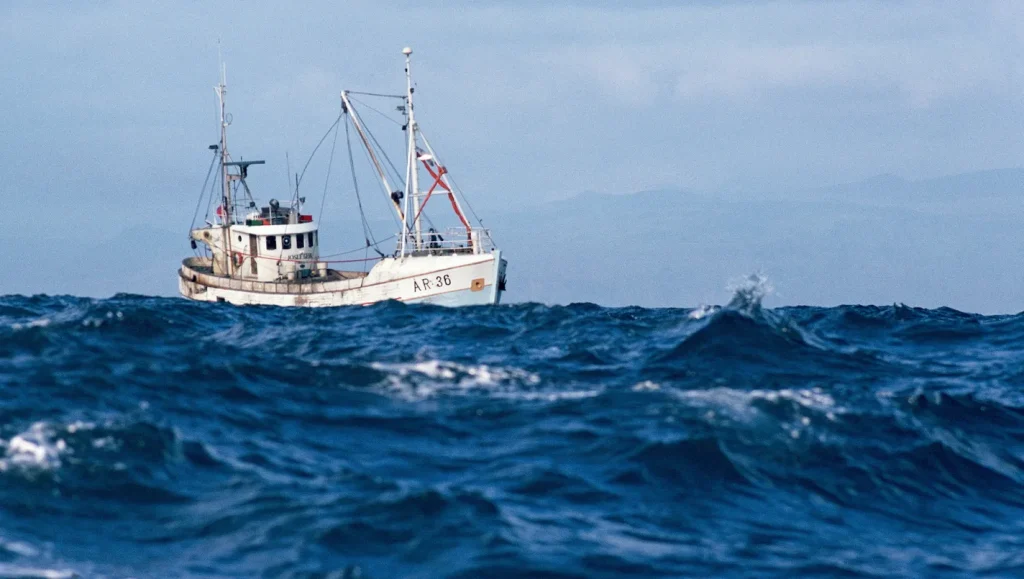First treaty to protect international waters ratified

After Morocco became the 60th country to sign on, a treaty to protect the biodiversity of the oceans has been ratified, reports AfricaNews via AP on September 21.

The agreement – titled the high seas treaty – is the first legal framework that aims to protect marine biodiversity in international waters. These areas lie outside the jurisdiction of a single country and so are especially vulnerable to threats like overfishing, climate change and deep-sea mining.
Johan Bergenas, the senior vice president of Oceans at the World Wildlife Fund, describes the high seas as “the world’s largest crime scene,” as international waters account for nearly two-thirds of the ocean and nearly half of Earth’s surface.
However, the strength of the agreement is uncertain as some of the largest powers in the world – including the US, China, Japan and Russia – have not yet ratified.
Although, the US and China have signed – signalling intention to amend to the treaty’s objectives, without creating legal objectives.
Ratification would create a 120-day countdown for the treaty to be implemented – but more detail needs to be provided concerning how the treaty will be financed and enforced.
The director of the Natural Resources Defence Council’s international oceans program, Lisa Speer, has said the high seas are “the responsibility of all of us and none of us at the same time.”
She continued: “Marine life doesn’t respect political boundaries. So fish migrate across the ocean. … Same with turtles, with seabirds, and a whole host of other marine life and so what happens in the high sea can really affect the health and resilience of the ocean within national jurisdiction, within our coastal waters.”
The treaty plays a significant role in the global 30X30 goal – to protect 30% of the planet by 2030.
As it stands though, protection of individual land may not do enough to mitigate climate change. Earlier this year the UN was prompted to immediate climate action after all 19 glacier zones lost landmass – a reminder of how all our planet is interconnected.
In later August, Yemen saw startling flash floods that impacted over 100,000 people a haunting statistic demonstrating how climate change is impressing itself upon us.
AfricanNews via AP, Maghrebi.org
Want to chase the pulse of North Africa?
Subscribe to receive our FREE weekly PDF magazine















